How to Cope with Postpartum Anxiety & Mood Swings?
Did you know? 1 in 5 moms and 1 in 10 Dads suffer from postpartum depression.
But to my surprise most of the cases go unnoticed and unhealed, which affects the new parent’s life in numerous ways. As a Postpartum Care Professional, I know why mental well being is important.
Not Just to heal Postpartum , but Mental Health is also a critical part of Lactation care. Unknowingly or probably knowingly postpartum mood disorders, including depression, anxiety disorders, PTSD, and other conditions, can lead to breastfeeding cessation and can hurt both parents including the baby.
“ An interesting fact is that continuing breastfeeding may help in recovery, particularly when exclusively breastfeeding.”
Before you assume something , I have prepared a checklist to help you identify your current situation ,
Let’s check on the Mental Status Checklist to know if this resonates with you.(I hope it doesn’t, but if yes , I am so ready to walk with you on your healing journey.)
I hope to provide you with the tools, information, encouragement, and comfort you need to make the transition smoother, and if you are in pain, discomfort, or confused, may this article serve you as an oasis in the desert.
Here is a quick way to understand if you are near to postpartum anxiety by checking on a list of observations in daily life after the birth.
Reference: Data from the American Psychiatric Association
| Element | Observations |
| General Observations ( Mother) | Appearance, Clothing, Hygiene |
| Behavior | Movement appropriate:over-activity or lethargy |
| Speech | Rate, intelligibility, volume, quality, quantity |
| Attitude | Cooperative, Indifferent, hostile |
| Mood | Ecstatic, stable, depressed, grieving |
| Affect | Congruent with words and topics |
| Thought Process | Focussed, coherent, delusional statements to hallucinations
Statements of intended self-harm or harm to the baby |
| Intellect | Ability to communicate. Cultural and Language differences |
| Insight | Ability to understand and use information effectively |
| Memory | Long-term and short-term memory
Impact of any prescribed medications on memory |

Well, researchers have found that all types of physical and psychological stress increase the risk of depression in new parents. And especially its level increases in the most vulnerable time during the last trimester of pregnancy.
Breastfeeding especially downregulates the stress response and lowers ACTH, cortisol, and inflammation. This is likely one way that breastfeeding decreases the risk of depression, and the downregulation facilitates milk production, energy conservation, and attachment to the baby.
Three stressors- sleep disturbance, pain, and psychological trauma – are particularly relevant to new parents.
We are here to help.You are not alone !
How to sail through the postpartum journey that is full of doubts, confusions, obsessions, tiredness, and pains with ease, is there a way out to healing, nurturing, and nourishing?
Healthy Food alone will not make a difference, guys!
With our commitment to support and empower new families, we have spent days connecting hundreds of pregnant moms, lactating moms, and moms with young babies. Our qualitative research and interviews helped us to the results that there are Seven postpartum needs that every new mother wants.
I am bringing here the real experiences for all who are expecting moms, nursing a young baby, or even a mom of a young child.
Those needs are:
1. Extended Rest Period
The relationship between sleep disturbance is bidirectional; that is, sleep disturbance can cause depression and depression can cause sleep disturbance.
That’s how the immediate 40-day postpartum period is considered to be potent so that a mother can heal lifelong illnesses and restore her health. The six-week mark is a significant moment in the health of mother and baby.
You may make your days and nights smoother if you are breastfeeding, as breastfeeding may protect mental health by improving sleep quality and quantity. Disturbed sleep increases the risk of postpartum depression.
Breastfeeding increases deeper slow-wave sleep because of night feeding times; those who have a lower percentage of slow-wave sleep report more day fatigue.
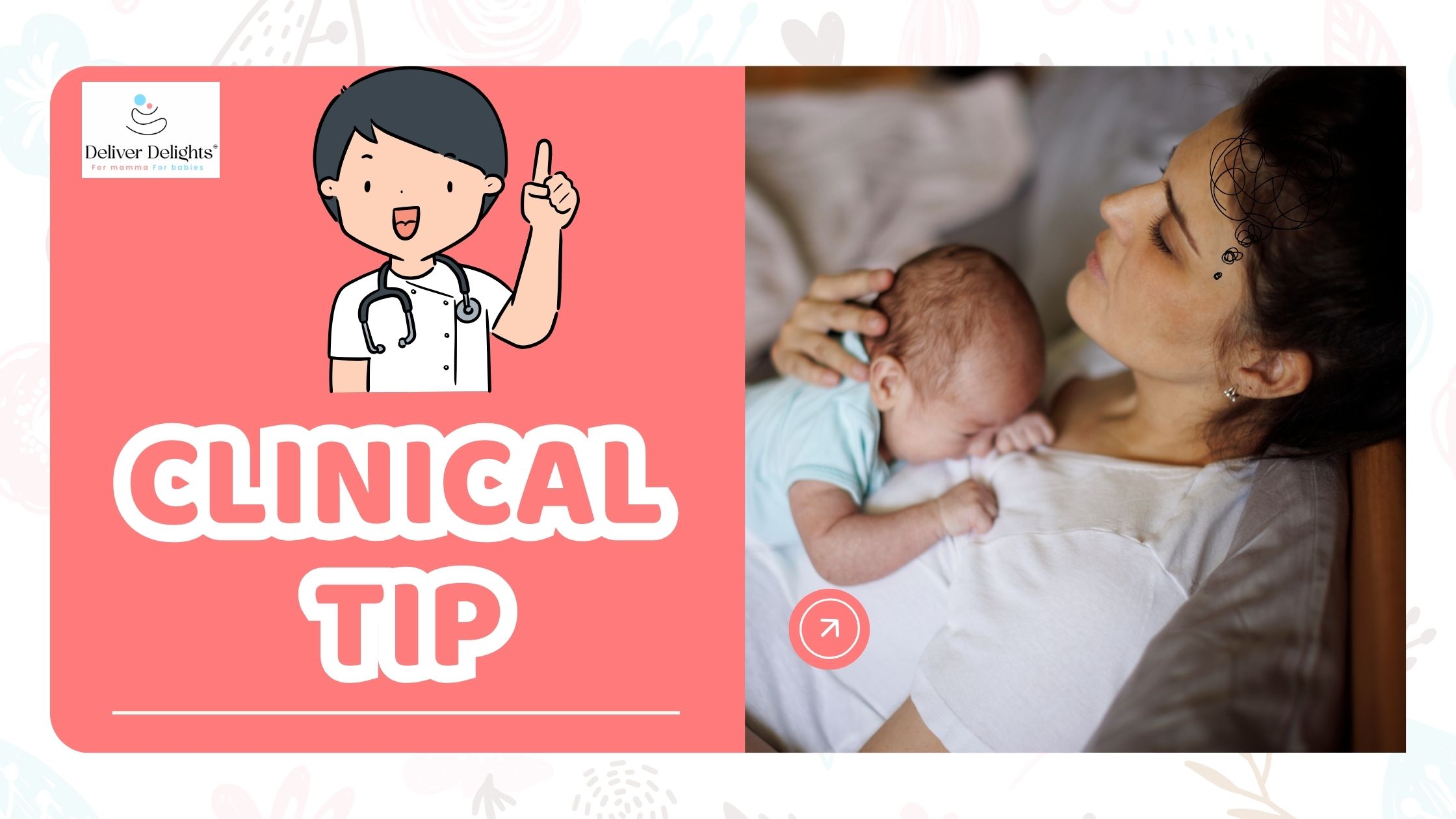
Clinical Tip
Fatigue and sleep problems are often overlooked or minimized because they are so common in new parents. But fatigue is often of great concern to parents. If a breastfeeding parent is very fatigued, physical causes such as anemia, hypothyroidism, or low-grade infection, should be tested and ruled out.
Parents may also need some help with their family or friends so that they can get more res.t
2. Loving Companionship
Love, care, and support are an integral part of a mother’s recovery to vibrant health. Because of this understanding, many cultures pamper new mothers. Sometimes, this is not real to all mothers. They feel pain, which can trigger postpartum depression. Nipple pain is one common type of postpartum pain and automatically inhibits oxytocin release and directly contributes to problems with milk ejection.
3. Contact with Nature(al)
We can’t force everything(healing) to happen faster. Each process takes its own time. But we can provide the right environment for optimal growth.
Connection with nature can help you feel the beauty and righteousness of the slower pace at this time. It’s not necessary to go hiking and feel the power of nature. You can do simple things. Set up a nursing station near a window with a view. Take a sponge bath with herbal infusions.
Imbibe the earthly qualities of herbs in your sitz bath and steams.
Have your me-time to nourish yourself even if you have amazing family support. Only you and your favourite. These simple things will help you to reconnect with the elements of nature, the life force around you.
4. Presence of Wise Women
Mothers who are surrounded by and tended to by other women who are in different stages of life and who can offer them soul comfort as well as knowledge from experiences as aunts, mothers, and grandmothers. Know that you are not alone, they can relax because there are other women around who can care for the home, care for the baby, and care for the mother in this new, vulnerable state.
5. Nourishing Food
New mothers need special foods this time. Why? So that she can complete the cleansing of the uterus, eliminate any old blood remaining, and rebuild her strength. These
Postpartum foods also help a new mom to produce milk with ease. Since a new mother is vulnerable to cold and wind, she needs foods that are both warm and that have an internal warming effect due to the herbs and spices used.
Omega 3 plays a very important role in treating depression. If it’s accompanied by moderate exercise, it can lower inflammation and stress too.
What postpartum foods have in common across cultures is that they are warming, easy to digest, mineral-rich, and collagen-dense. That is exactly what Deliver Delights has created for new mothers- milk-boosting postpartum meal plans for your healing, recovery, and increasing milk production.
6. From Judgement to Gratitude
When you hear your inner critic piping up to make a negative comment about your body, be vigilant. Be mindful not to spin into a criticism of criticism. Pause and take a breath.
Say to yourself, ‘ I just grew and birthed a new life and I am still nurturing that life’
Then choose to remember a part of your body for you love you are grateful for. Touch that part of your body and be grateful, giving healing. Give yourself the utmost care and kindness. There is no race to win, no rush. You can always stop and begin again.
7. Becoming a Good Enough Mother
A good enough mother knows that imperfect circumstances are part of life. A good enough mother is a three-dimensional human being who is both selfless and selfish. A good enough mother is a real mother with real considerations. Real concerns, and real flaws, in the real world.
No mother forgets this vulnerable time of her life. What do you genuinely like or hate about mothering? What do you enjoy about mothering?
Good enough mothers are allowed to not love all aspects of mothering all the time. That’s right ! They create the foundation of Love, Freedom, and the highest well-being of their family. Fair Leaders.
We work closely with our new moms who are passionate about raising a happy healthy baby in our new program for expecting mamas, Nourish.
Let’s connect and talk more about Nourish and Nourish!
Love,
Deepti 🩷.
Potent Postpartum Recovery: 6 Means To Rebuild Yourself After Birth
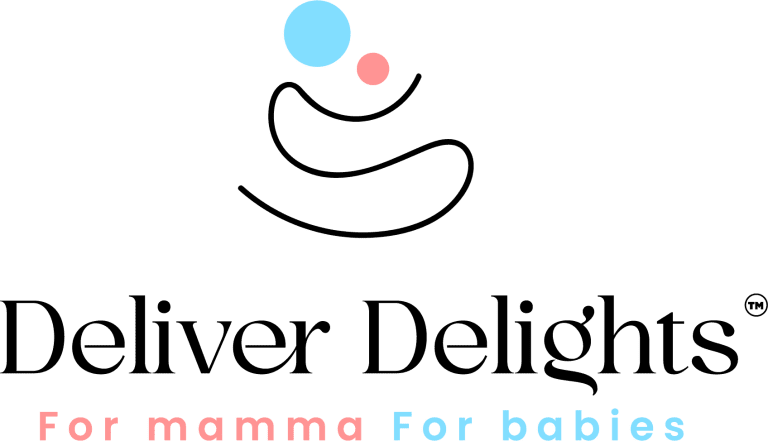
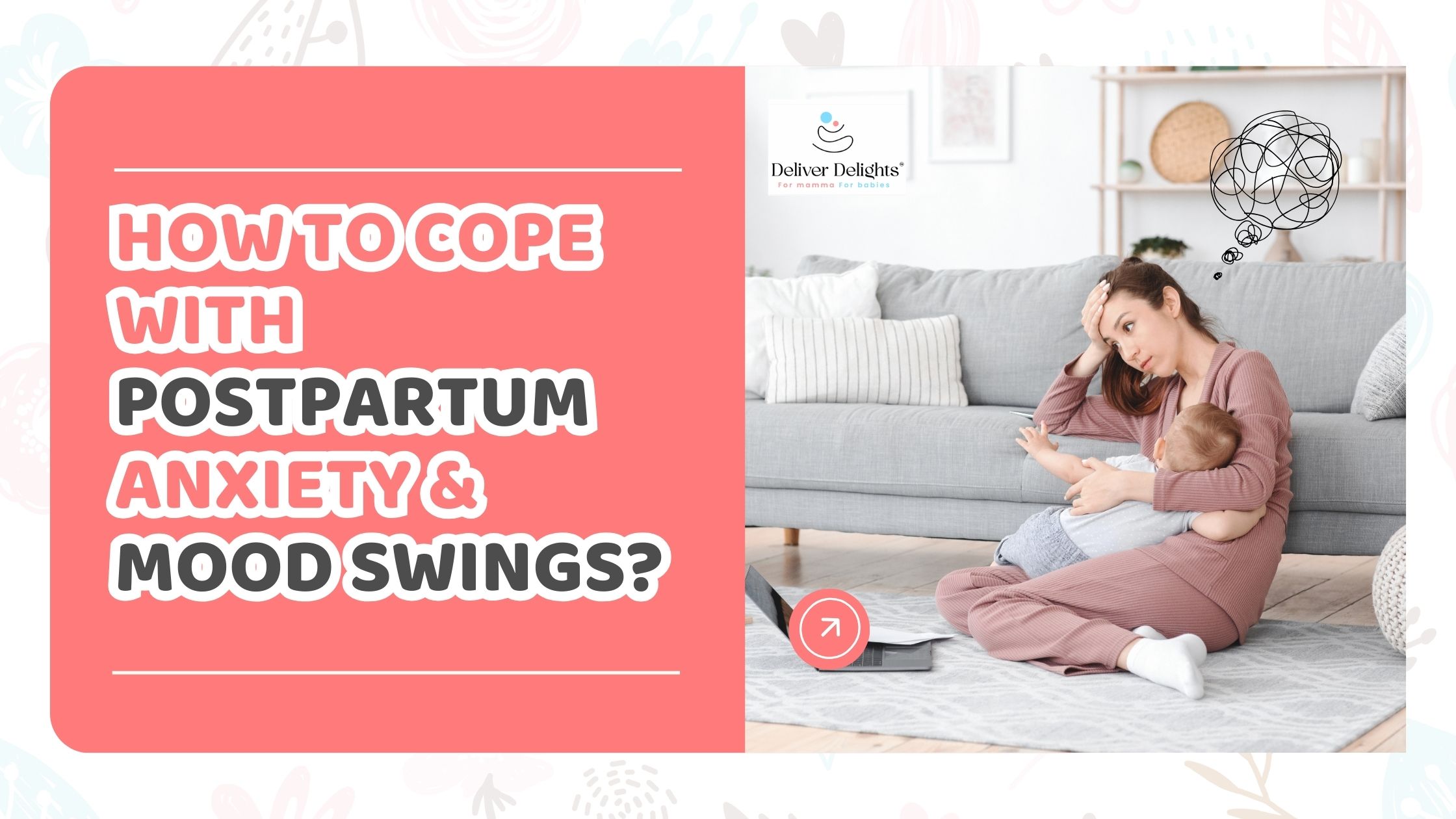
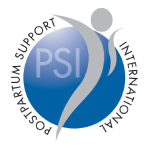



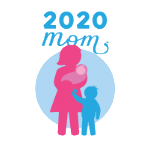
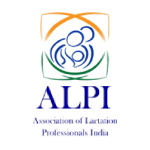
Relatable! Presently going through this state and I hope this will help me to come out of postpartum anxiety and frequent mood swings.
It looked like as if you are talking about me. So indulging! Yes, i too facing postpartum anxiety. And believe me this article is helping me to cope up from this. A big Thank you Deepti.
Very Informative! This will help new mothers facing mood swings. Infact their family will be a great support in coping up with this. Great work!